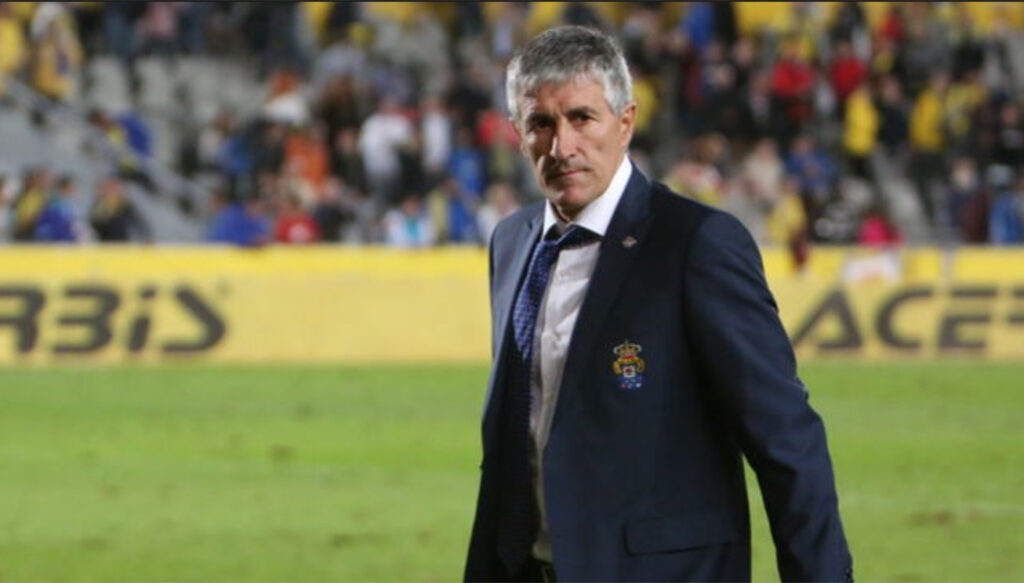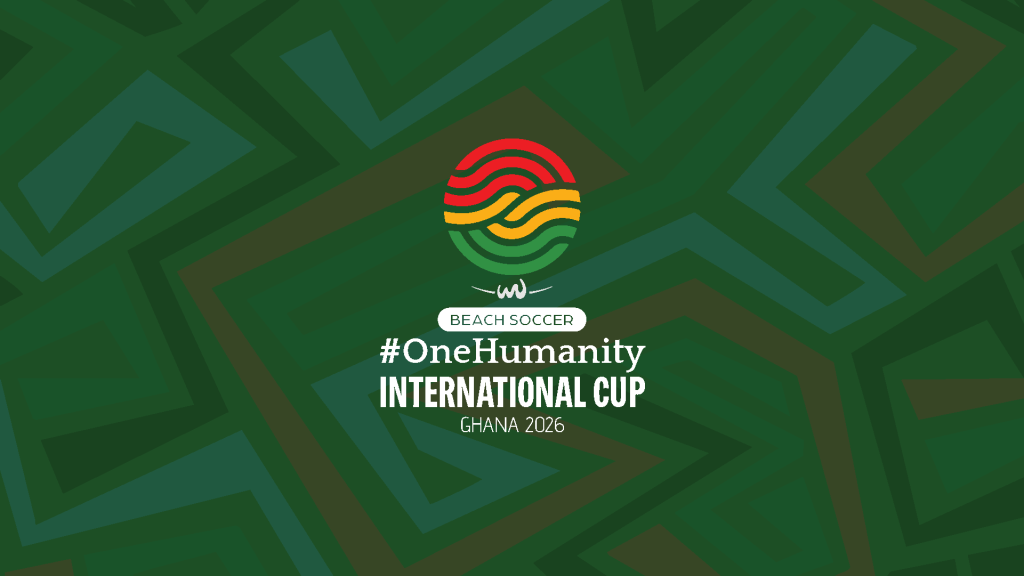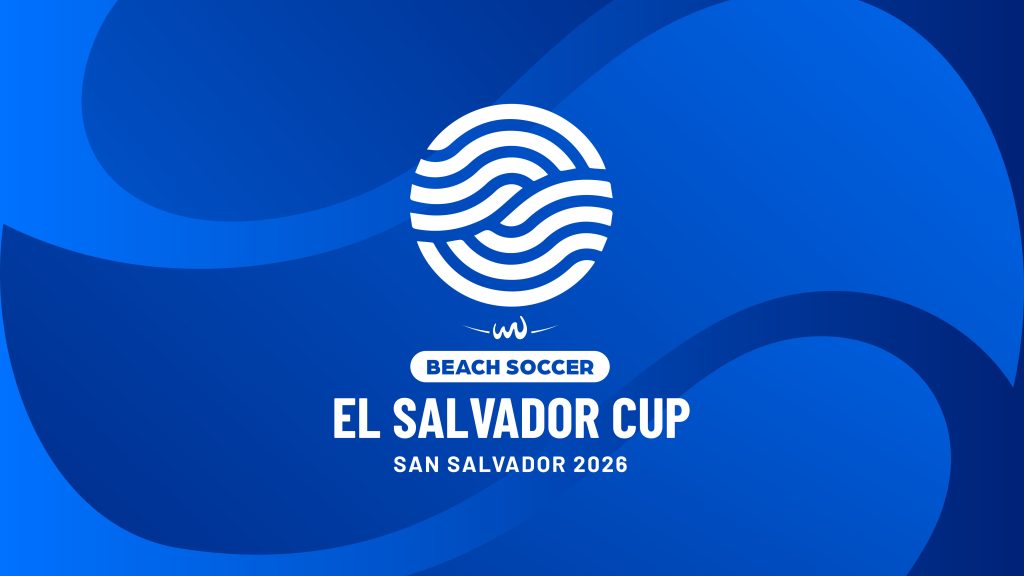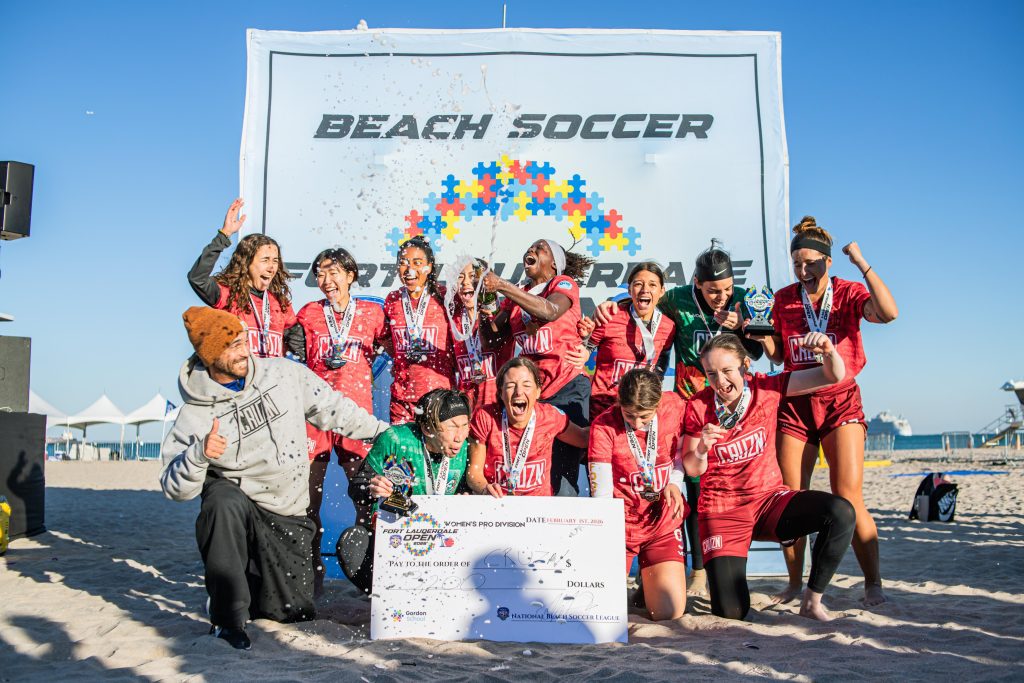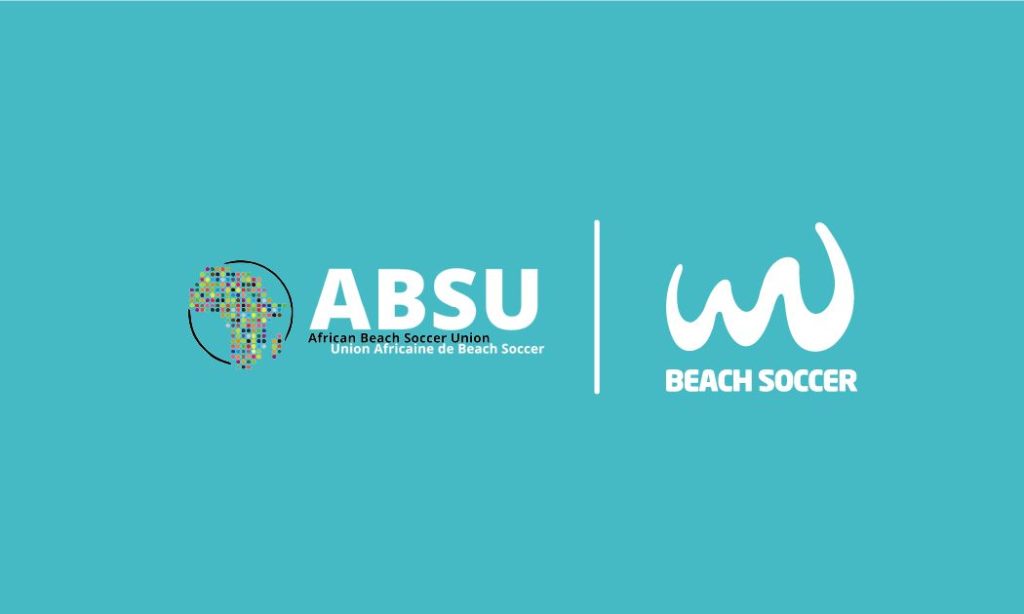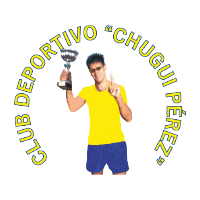“My years in beach soccer were fantastic”
Quique Setien is one of the most in vogue coaches in Spanish Football – a coach on whom all of Europe focused their attention after beating Real Madrid at Santiago Bernabéu, and having Real Betis fifth in the La Liga table.
What many people might not know though, is that Setién was, for many years (1997-2003), a member of the Spanish Beach Soccer National Team, and the mentor of world-class beach soccer magician Ramiro Amarelle, before joining Russia as a technical director.
After more than 400 matches and 63 goals in Spanish’s Primera División with Racing de Santander, Atlético de Madrid and CD Logroñés, the Cantabrian joined the world of beach soccer, after an invitation he got from the current Spanish National Team, Joaquín Alonso.
He spent seven years playing for Spain, years he remembers as “a very happy time”. From that time, he keeps a lot of good memories and friends from that period, no less so than meeting his wife at a beach soccer competition. Whenever asked, he always recalls beach soccer with gratitude, and thanks Beach Soccer Worldwide for the opportunity.
Listening to him now as a coach, his passing and combinative philosophy, and the way he thinks a team should play takes us back to those years, in which his technique, his eye for a goal and his game-knowledge made him a popular figure among the beach soccer fans.
How did the opportunity to start playing beach soccer arrive?
It came short after I quit professional football. Around April, Joaquín (Alonso) phoned me and asked me if I wanted to play. I asked him some questions, because I didn’t know much about the game, and then I asked “Where are we playing?”. He said “In Miami”. I immediately said yes.
How were those first moments on the sand?
They were different than I expected, as I had always thought that we were supposed to play on a somehow hard surface, the kind of the Cantabrian beaches in low tide, but I got quickly used to it, and my interest in the game increased. I started training, studying the game, pushing myself more and more on the sand…
Once a competitive athlete, always a competitive athlete…
Well, yes… Beach Soccer gave us the opportunity to keep training, to keep competing, and to keep working our physical condition, and it was very good at that. It gave us the motivation that helped us keep feeling professional footballers.
What was the thing you liked the most about beach soccer?
Those were vere happy years. We had a lot of fun with the players. Big names such as Butragueño, Míchel, Julio Salinas, Joaquín, Gordillo… We had a great time, and we had a great relationship amongst ourselves. We enjoyed that time a lot. I will never forget that, and I will always thank Beach Soccer Worldwide and Joan Cusco for giving us that opportunity and for having treated us the way they did.
And if you had to choose one single memory?
Wow, there are so many things I remember… I would choose maybe the years in which we became the Euro Beach Soccer League champions (1999 and 2000), and I was the top scorer of the tournament. That was a great feeling!
In those years, the Spanish National Team recruited Ramiro Amarelle, who later on became one of the biggest names in the sport. How do you remember that moment?
We saw him play in an event in Coruña, and I immediately though that that guy had a great talent. We asked him to join the team, and I was impressed by his behaviour, his humility, the way he behaved and how he knew to find his place amongst all those football professionals. He was a hard worker, always willing to improve, and that is exactly what made him the best player in the world.
Another thing that people might not know is that you played a key role in the formation of the terrifically competitive Russian National Team, down in the early 2000s…
I got a proposal by Nicolai Pisarev, who was introduced to me by Popov, who was one of my teammates at Racing de Santander, and Valery Karpin, who I knew from the Spanish league. I was given a role as technical director, with the objective to find and train a new group of players that could offer a great competitiveness. We had our first training camp in Crimea, in Sebastopol, weeks before taking part in the Euro Beach Soccer Cup. And things worked pretty well, as we reached the final of the competition for the first time.
As a coach, you have always given the impression of being more a reflexive than an emotional human being. Is that so?
That’s true. I am not an impulsive man. I always try to analyse things with perspective. I always try to see things not how they are now, but how they can be after some strategic moves…
And you have always said that you admired Cruyff’s philosophy.
Of course, because Cruyff taught us how to make things difficult from our opponents with a combinative play. It was just what I had always wanted, since I began playing football as a child. I passed the ball to those guys I knew would pass it back. If someone did not pass it back, I would not give him the ball again.
What were the coaches that left a bigger mark on you?
I would say Luis Aragonés, because of the energy he transmitted, and Paquito, for the knowledge of the game he managed to pass on to me.
We have seen you play chess a lot. Where does this passion come from?
I started playing when I was a little boy. My father taught me, and little afterwards I joined a club. I loved it, and even spent hours studying chess moves. I even took part in International competitions, but I quickly realised that I had a lot to learn…
Is it true that you played with Kasparov?
It is. And with Karpov, in one of those multiple chess games with like 30 contenders. It was an amazing experience… After the match, we went and play some football, too! I was playing for Atlético de Madrid at that time.
Does chess have a real application on football or beach soccer?
I do not know if it has a realistic transference, but it has given me lots of things: the capacity I have not to be impulsive, to think, analyse things calmly, to see where pieces can be after a couple of moves….
And what about the tactics?
There are of course some parallels, in the sense that your objective is to dominate the board, the pitch. Whoever dominates the pitch, or the chessboard, has great chances to win the game.
So, which is your ultimate goal as a coach?
I want my teams to play beautiful football. I want to be happy, enjoy football, although I know how this is all like. I am not anxious for joining a big club neither earning more money.









